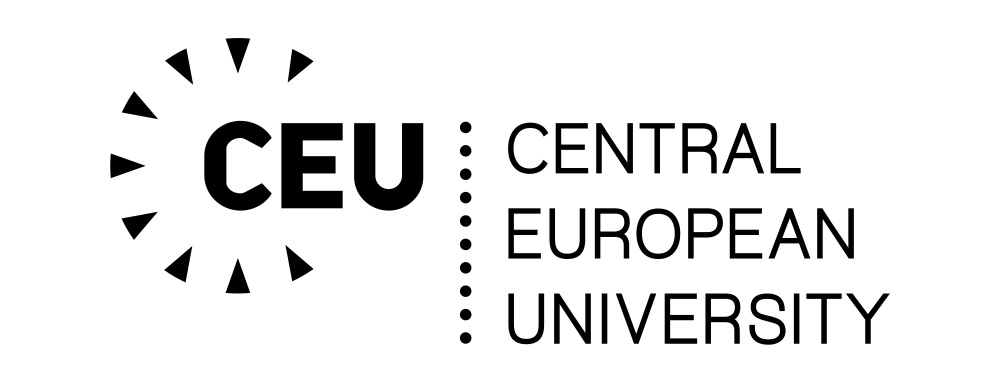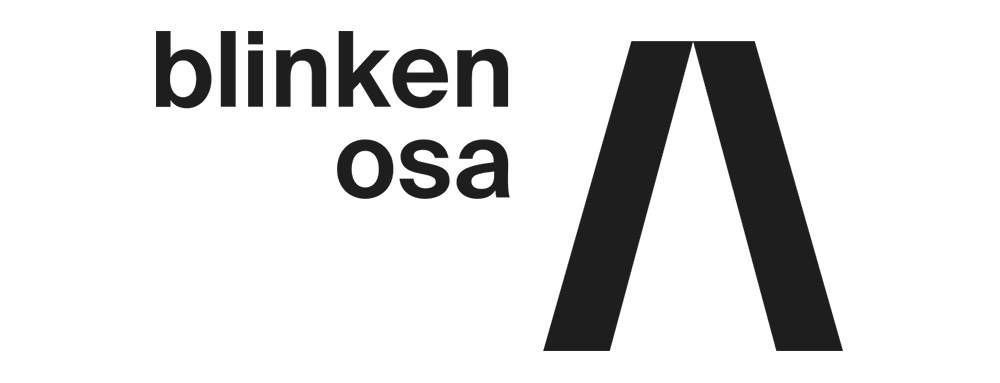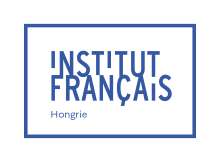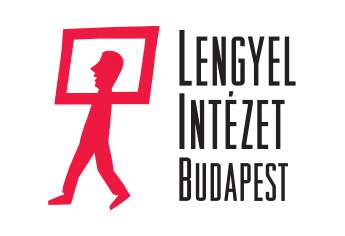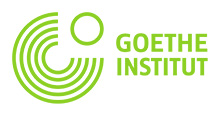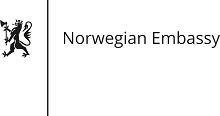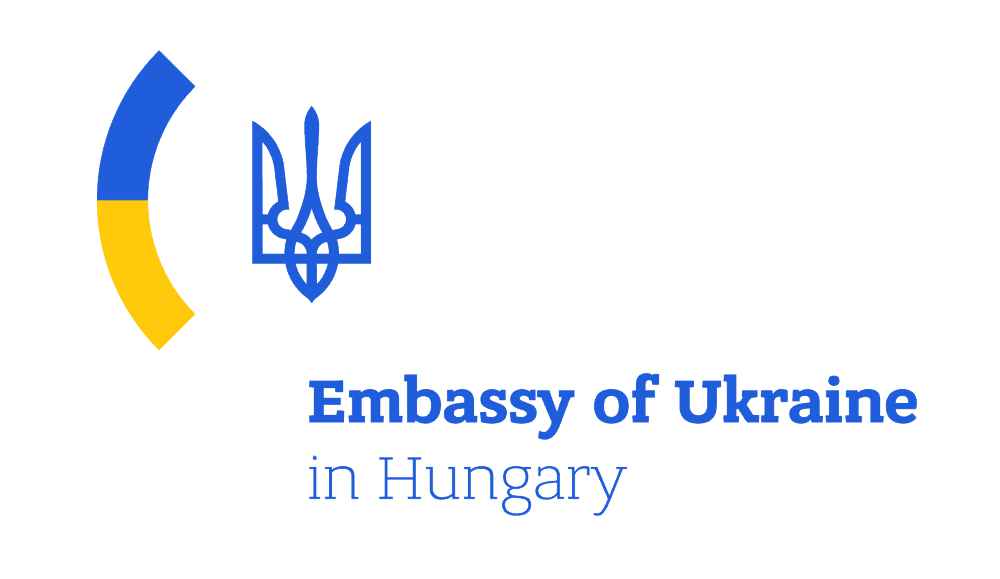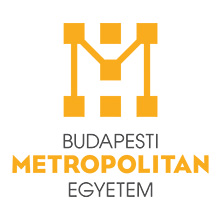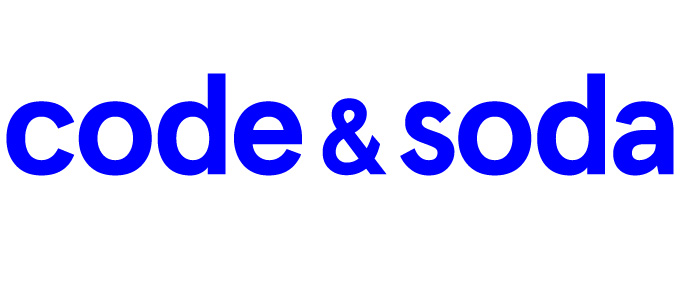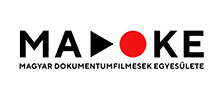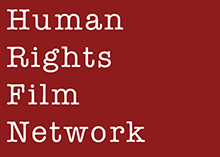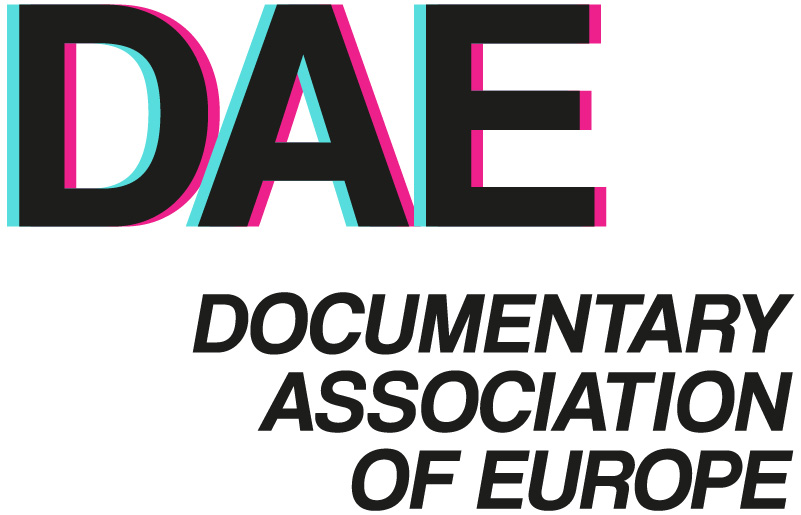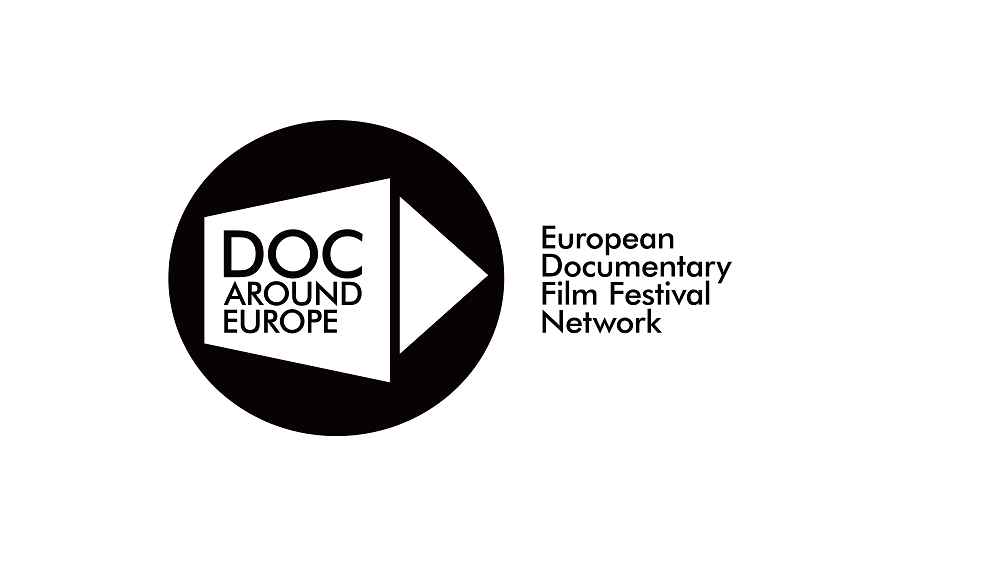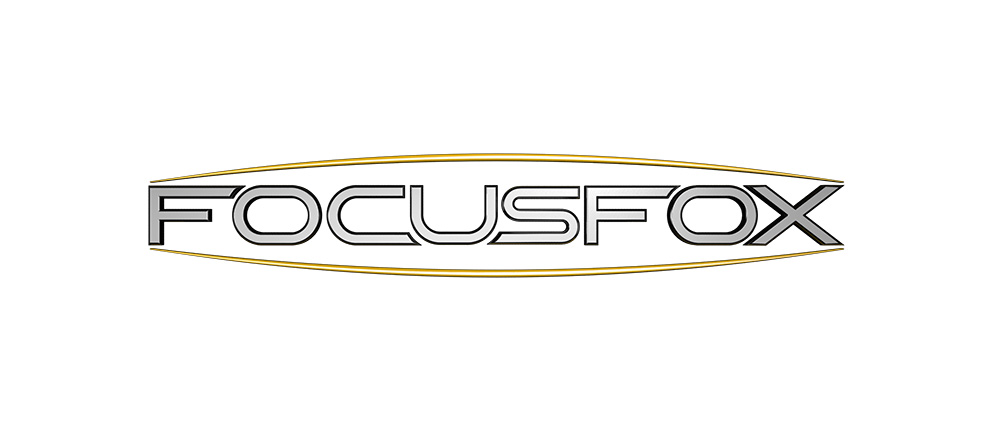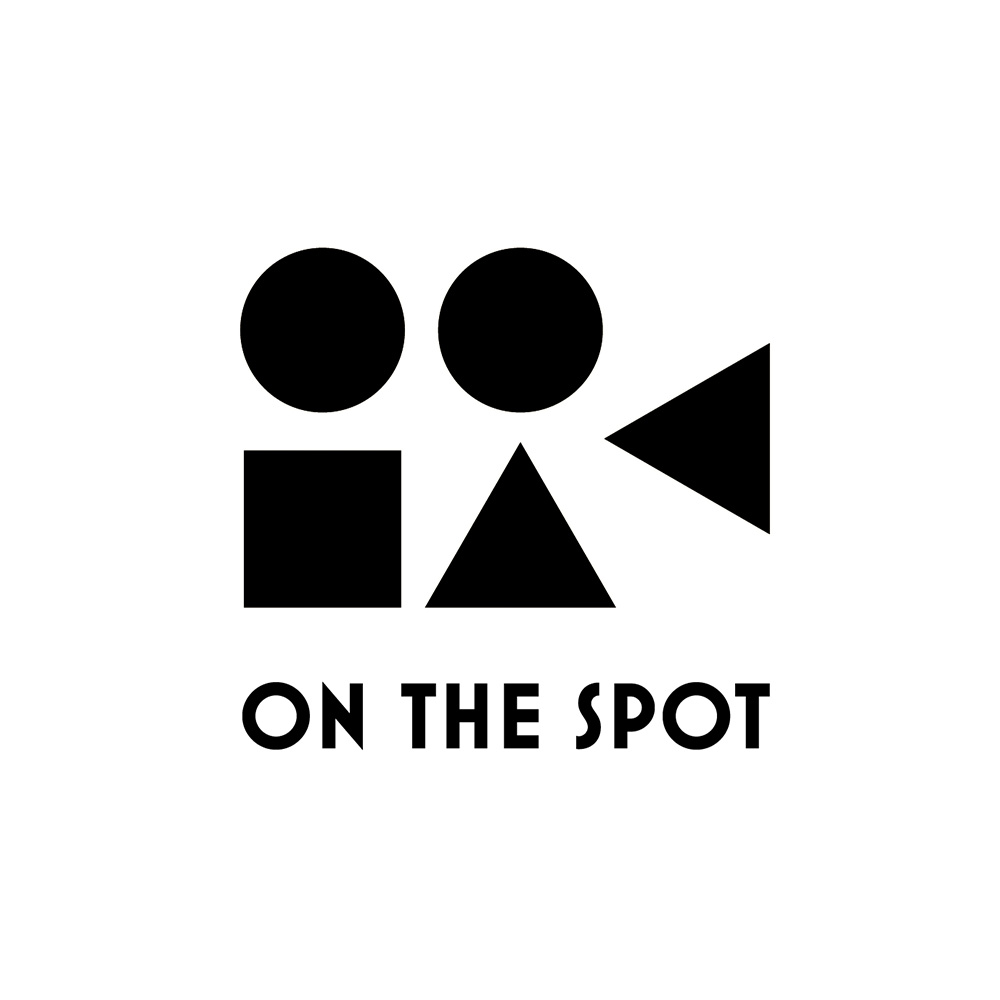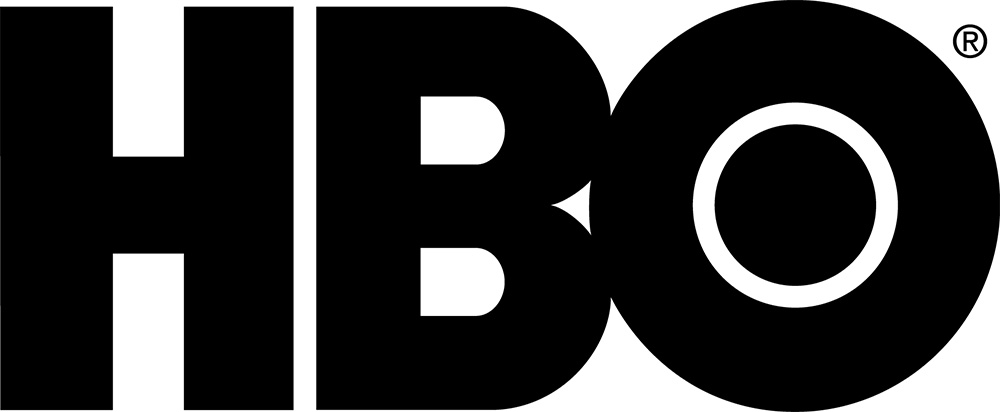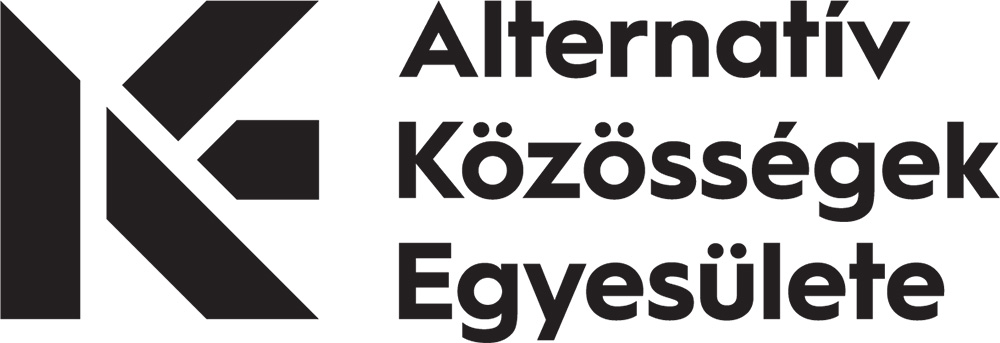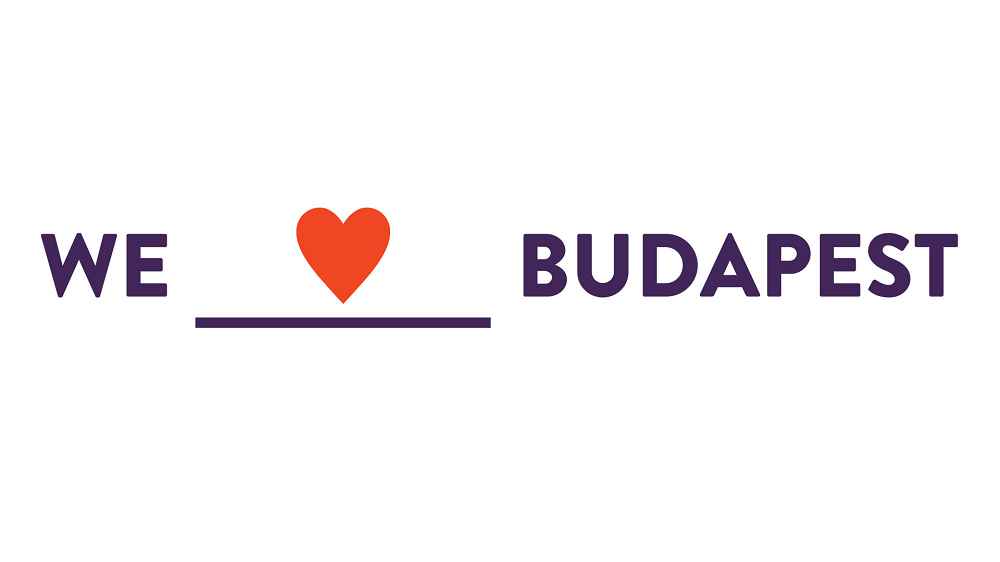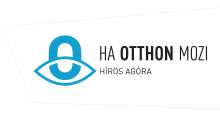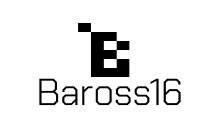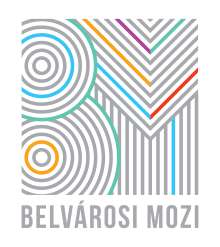
Hungarian films will again feature prominently in the program of the Verzió Documentary Film Festival. This year's Hungarian Competition program will feature six new films that have won accolades internationally and will be making their debut at Verzió in Hungary. Stories will include rock climbers battling addiction, unusual childbearing and a road trip for people with special needs. You can meet the filmmakers after the screenings. The screenings will take place from 6 to 24 November, in Budapest from 6 to 13 November at the Toldi and Művész cinemas, followed by screenings in several cities and online. The full film programme is already available on the website.
Despite the difficulties of domestic production, the dedicated filmmakers of this year's Hungarian Competition have created films of high quality and unique vision, following the journeys of their characters over many years. They have been winning accolades internationally, and it is time for Hungarian audiences to meet them.
"Our goal with Verzió is twofold, to celebrate films and their creators made creatively, intelligently and empathetically, and to come together as a community with their help and to let people know that we are not alone in our curiosity, sensitivity and desire to do something," says festival director Enikő Gyureskó. "We want to provide a space for dialogue, an opportunity for a deeper understanding of important issues. Our guests will therefore include not only documentary filmmakers with a great social sensitivity, but also a wide range of experts, from sociologists and psychologists to human rights activists," she adds.
The Hungarian Competition was curated by Fanni Somlyai, Zsuzsa Debre, Asia Dér, Enikő Gyureskó, Péter Horányi and Szabolcs Szirony. The underfunding of Hungarian documentary production is one of the reasons why only six films were selected for this year's Hungarian competition, but the selection of films that have not yet been screened in Hungary was also a consideration.
KIX, which is also the opening film of this year's festival, is a multifaceted journey through 12 years of a young boy's growing up in Budapest, during which the rowdy kid Sanyi becomes a public enemy by the time he reaches adulthood. Bálint Révész and Dávid Mikulán's documentary is a chronicle of urban poverty, a story of disconnection and abandonment. Révész's aim is to make films about controversial topics using unique methods. His first feature-length documentary, Granny Project, was also made over seven years. Mikulán's art is influenced by skateboarding, punk music, fluxus, video art and experimental music. The main focus of his multidisciplinary work is the impact of public spaces on social structures. Their collaborative film KIX had its world premiere at the CPH:DOX festival in Copenhagen, one of the most prestigious in Europe, and has been selected and awarded at numerous international festivals from the US to Taiwan. The film was developed at Verzió DocLab, among others, and was produced with the support of HBO Max, ARTE France and CNC, and will be distributed by Cirko Film.
Ádám Miklós’s film, Beyond Rock Bottom, follows the first year and a half of recovery for two addicts. We get to know Boroko and Szilveszter at the sessions of the Megálló Foundation in Budapest. The Megálló recovery house is run by former addicts and uses innovative methods for therapeutic purposes. Szilveszter and Boróka embark on a bumpy journey of self-discovery, confronting their tumultuous relationship with their parents while seeking support, forgiveness and, above all, self-acceptance.
In Cabin Pressure, we meet Heni, who dreams of a big family but by her mid-30s is living alone in Barcelona. She decides to have a child and chooses a gay Russian man, Andrei, as her partner. The film is an intimate portrait of the new co-parents and their family model. The director, Eszter Nagy, has worked as a colourist for several years in several internationally acclaimed Hungarian productions, and this film is her directorial debut with Sára Czira.
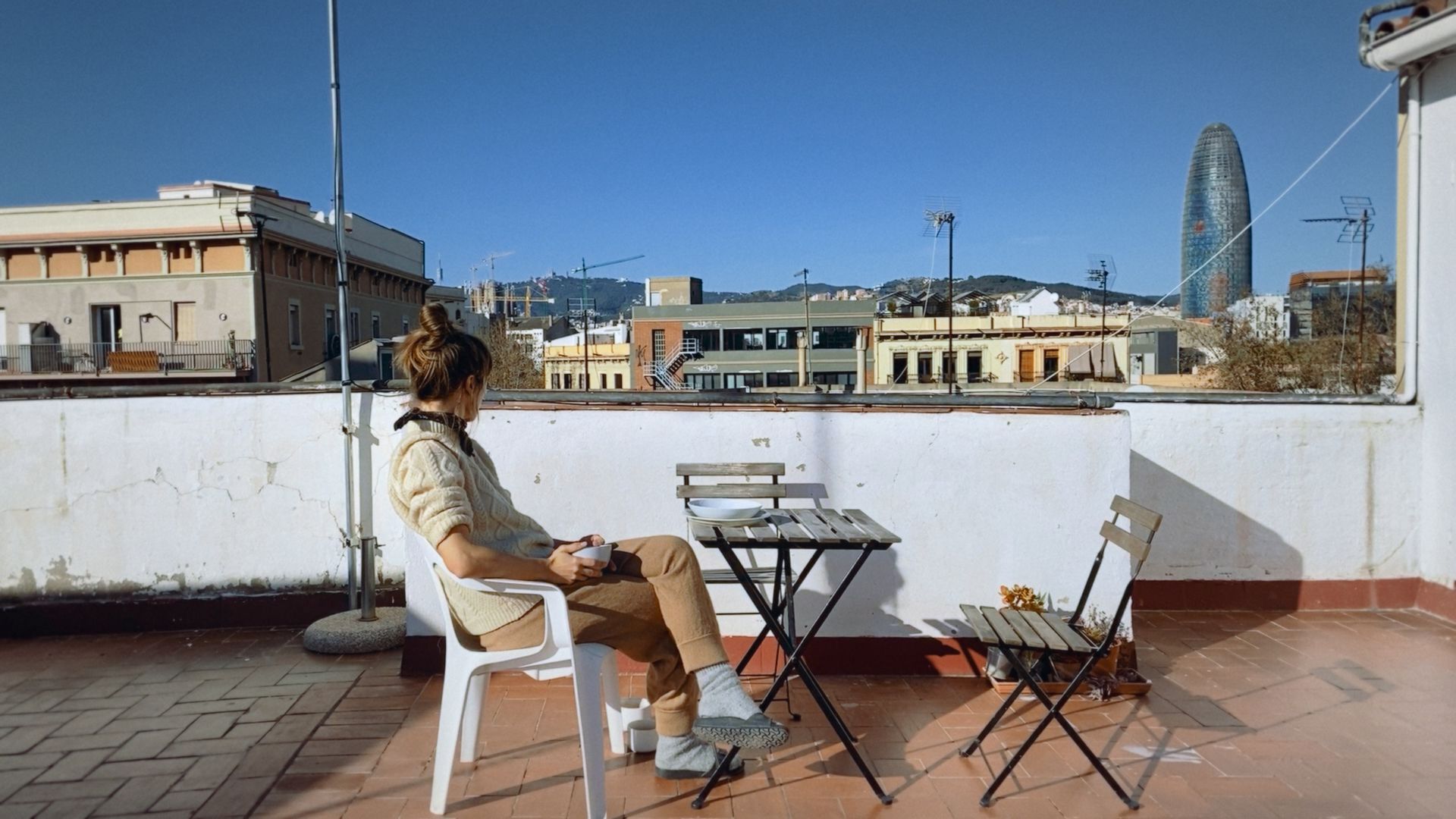 (Cabin Pressure, d.: Eszter Nagy, Sára Czira)
(Cabin Pressure, d.: Eszter Nagy, Sára Czira)
The Lost Notebook, a Danish-Hungarian co-production, is a film by Ida Marie Gedbjerg Sørensen about the discovery of a diary documenting a Hungarian man's 2,158 visits to cinemas. The diary becomes the story of a divided family held together by a shared love of cinema. The film had its world premiere at the CPH:DOX festival in Copenhagen this year, and last year it also participated in Verzió's documentary filmmaking workshop, Verzió DocLab.
One of the highlights of the Hungarian competition is Your Life Without Me, directed by Anna Rubi. Rubi was a video associate at TASZ for five years, where she worked on short documentaries and campaigns with disabled communities and activists. This sensitive and highly anticipated work is her first feature-length documentary and had its world premiere at the Sarajevo Film Festival, where it won the Human Rights Award for Documentary Film. The film follows mothers and children with multiple disabilities in the TASZ home care trial. The film speaks at once about the indispensability of care, the plight of people with disabilities and the omnipotence of maternal love. Rubi found her Swedish co-producers through the Verzió DocLab workshop in 2022. Its domestic streaming premiere will be on RTL+.
Judit Surányi made a film, Crips, about four guys who go on holiday to Lake Balaton to party like everyone else, only three of them are wheelchair-bound and one of them was born with oxygen deprivation. The film shows the lives of the characters without taboos and with a lot of humor.
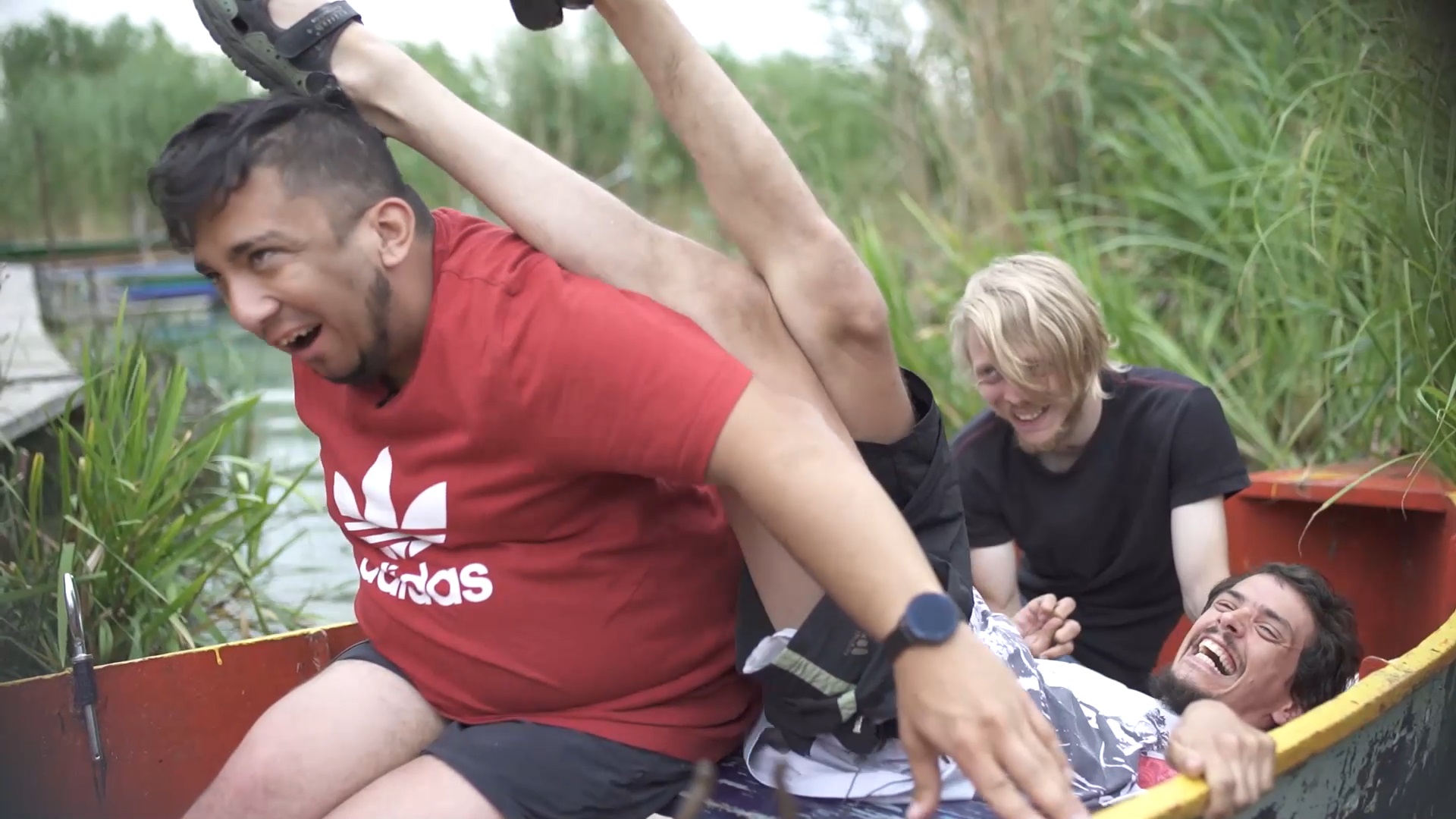 (Crips, r.: Judit Surányi)
(Crips, r.: Judit Surányi)
"In Hungary, to say that it's a good idea to have children as a single woman in her 30s is a political statement. To sympathize with the struggle of drug users to take back control of their lives is weakness. What for most is an ordinary, simple act, like taking a train to Lake Balaton, is an obstacle course for a wheelchair user, even in 2024. These films are first and foremost an imprint of our society, their characters live among us and have bravely taken the initiative to place their individual stories in a wider social context, giving voice to issues that affect so many and which do not get enough space in the public discourse", says festival director Enikő Gyureskó.
The full film program of the 21st Verzió International Human Rights Documentary Film Festival is available and can be browsed on the festival's website, with tickets for screenings in Budapest available from the second half of October.
*****
The festival's screenings and accompanying events in Budapest will take place at the Toldi and Művész cinemas, Trafó, CEU Budapest and Adaptér. This year again, we are partnering with the national network of Open Spaces to organize the Satellite Verzió program. The films will be available online in the Verziótéka after the cinema screenings from 14-24 November: https://festival.verzio.org/.
The festival's main partners are the Háttér Society, the American Embassy, the Heinrich Böll Stiftung, the British Council, the Dutch Human Rights Fund and the UNHCR Central Europe.
Verzió Film Festival is organized by the non-profit Verzió Film Foundation and Blinken OSA Archivum, with the Creative Europe Media Programme as main sponsor. The founders' aim was to create a creative forum for international documentary films with human rights issues at its core.
Cover photo: The Lost Notebook (d.: Ida Marie Gedbjerg Sørensen)
